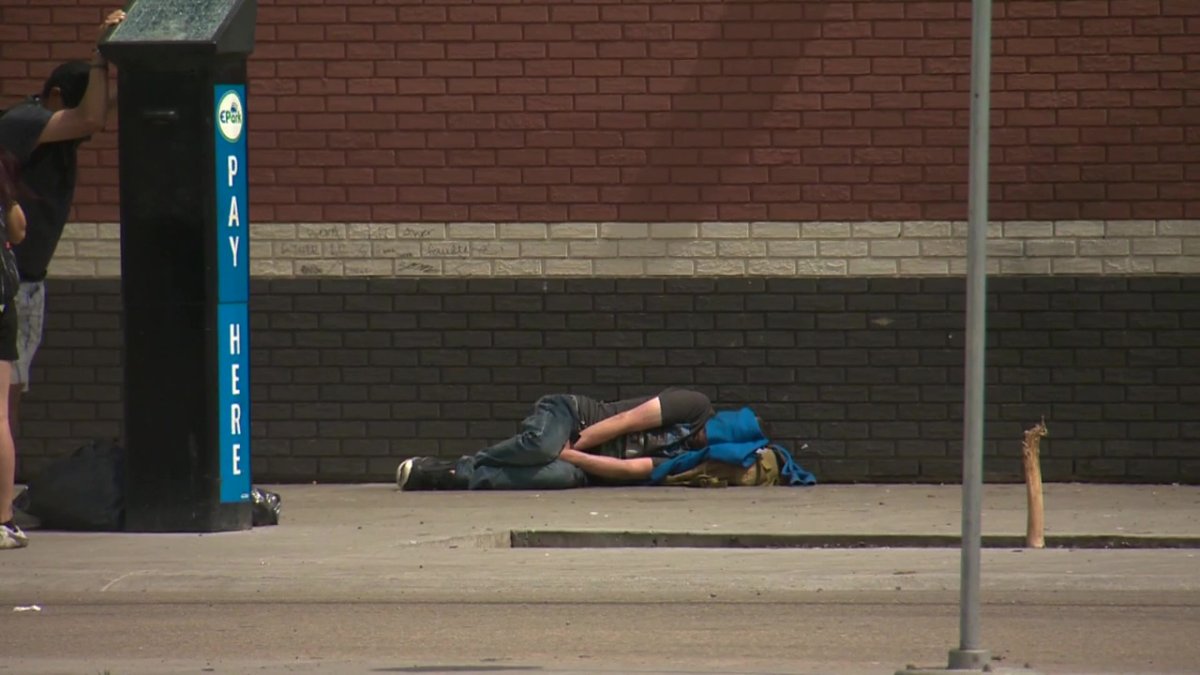Not even a month after the last one ended, Alberta Health Services has had to reopen the shigella outbreak that’s primarily affected Edmonton’s inner-city population.

Shigella is an acute infectious disease that’s commonly associated with diarrhea, as well as fever, nausea and stomach cramps. A strain of the bacteria causes dysentery.
AHS said the first person became ill on Aug. 17, 2022, with a confirmed diagnosis on Aug. 29.
The outbreak was officially declared on Sept. 8 and five months later, was initially declared over on Feb. 16 following two weeks of no new cases.
Closure of an outbreak after two weeks of no new cases is standard practice, AHS said on Friday.
But in the three weeks since then, AHS said five new cases have been identified and all of the patients required hospitalization.
“Even with heightened public health surveillance for illness, we recognize there are cases that go undetected and given case numbers are rising again, AHS is acting in the interest of public health by reopening the outbreak,” the update said.
To date, AHS said it has identified 211 people with shigella, 144 of whom have required hospitalization. No deaths have been reported.
The disease spreads when someone comes into contact with fecal matter from an infected person and also by eating food contaminated with the bacteria.

Shigella is commonly transmitted when people don’t have access to good personal hygiene.
Dr. Louis Francescutti, a University of Alberta public health professor and emergency physician at the Royal Alexandra Hospital and Northeast Community Health Centre, previously told Global News infected people would typically have persistent watery and possibly bloody diarrhea that would keep them at home and close to a bathroom — something not possible when a person is homeless.
The disease can result in serious symptoms such as dehydration causing potassium, sodium and electrolyte imbalances that can affect heart and kidney function.
AHS said it responded to the outbreak by connecting with shelters, inner-city agencies and local family physicians about the growing cluster of cases.
In early October, AHS said it also reached out to the city for support and in the middle of that month, a task force was formed to coordinate resources and a response between inner-city community partners. On Friday, AHS said that task force continues to meet.
“Going forward, the task force will discuss additional options for limiting the spread of illness and the possibility of carrying out another medical outreach effort in the inner-city to boost access to testing and treatment,” AHS said.
The majority of the cases to date are within the city’s inner-city population, so AHS said the risk to the general public remains low.
That said, AHS is reminding people proper hand hygiene helps to prevent the spread of many illnesses, including shigella.





Comments